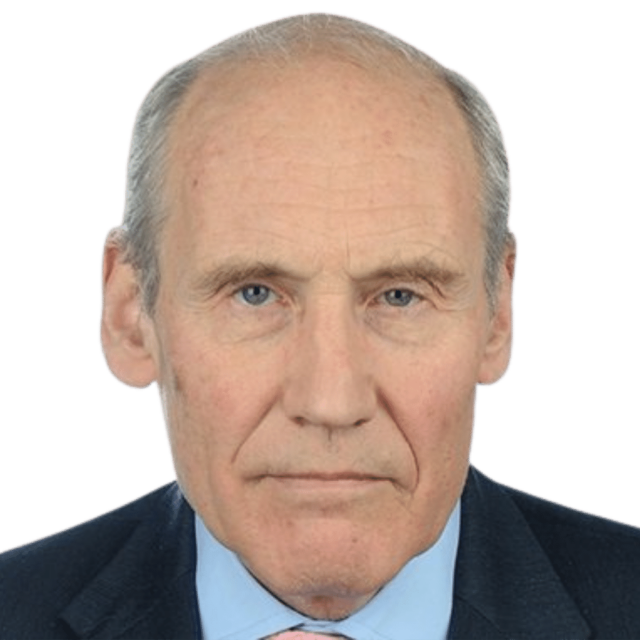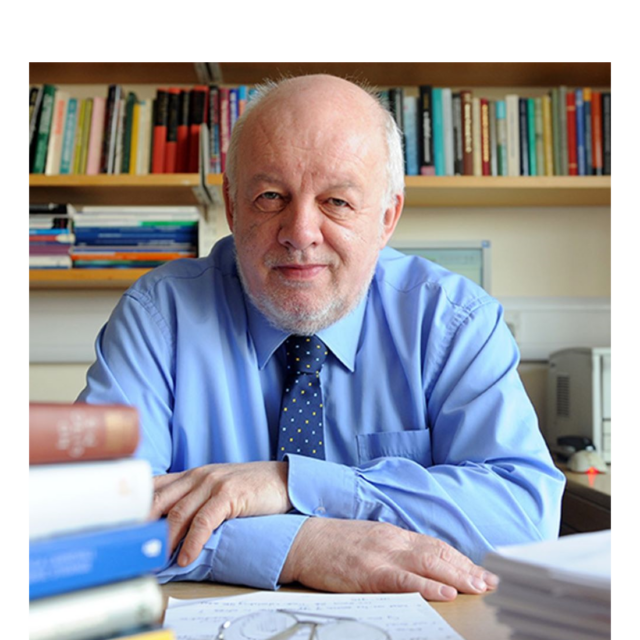NIESR Awarded Major Nuffield Research Grant on Regional Regeneration

The National Institute of Economic and Social Research (NIESR) has been awarded a major research grant by The Nuffield Foundation to provide a more accurate and authoritative measure of progress and gaps in levelling up the UK. Drawing on NIESR’s unique models, the project will also evaluate existing policies designed to lift up ‘left behind’ communities and simulate the impact of new policies – including more devolved powers. Our new measure of Regional Regeneration will provide a benchmark and reference point for the impact of policy in the years to come.
Reducing regional disparities is one of the most important tasks in tackling the persistent inequalities in the UK, which hold back both economic growth and social well-being. The research will bring together key economic and social indicators to create a Regional Regeneration Index and build a real-time dashboard using international best practice. The aim is to arrive at a single headline value of regeneration, which is transparent and can be compared over time and across different areas.
This project, led by NIESR’s Deputy Director Professor Adrian Pabst, will deploy the Institute’s unique modelling capability and network of partners to build on its existing quarterly regional analysis. The work will not only broaden and deepen the understanding of regional inequalities but also help design better policy mitigation for deprived areas and those facing greater inequalities, such as older workers, women, and ethnic minorities. Our ambition is to inform decision-making in Whitehall, regional authorities and local government.
Commenting on the award, Professor Pabst said:
“The absence of a comprehensive measure of regional inequality is a significant barrier to addressing some of the systemic challenges facing the UK. With cross-party focus on Levelling Up, our index and dashboard will be of vital importance to help design policies that reduce inequalities and enhance the welfare of groups whose lifetime chances have historically been lower. Our focus will be on how to regenerate the places where people live and work, especially in those parts of the country that have been neglected for decades. We are very grateful to The Nuffield Foundation for supporting our contribution to policy work on national and regional renewal”.
Mark Franks, Director of Nuffield’s Welfare research portfolio, said:
“Large inequalities exist within the UK, both between the nations and regions and within them. There are wide differences in income, wealth, health, life expectancy and educational attainment, with many people experiencing a combination of challenges that erode their living standards and well-being. Addressing these will require targeted local action and concerted and sustained effort to reduce inequalities and barriers to social mobility. Currently there is no comprehensive way to measure the scale of regional disparities in people’s life chances and outcomes, nor how they are changing over time. This makes it difficult to find solutions to geographic inequalities, and to know if those actions are effective. This research will play a vital role in helping to address these gaps in our knowledge and in influencing the policy agenda.”
ENDS
——————————
Notes for Editors:
The Nuffield Foundation is an independent charitable trust with a mission to advance social well-being. It funds research that informs social policy, primarily in Education, Welfare, and Justice. It also funds student programmes that provide opportunities for young people to develop skills in quantitative and scientific methods. The Nuffield Foundation is the founder and co-funder of the Nuffield Council on Bioethics, the Ada Lovelace Institute and the Nuffield Family Justice Observatory. The Foundation has funded this project, but the views expressed are those of the authors and not necessarily the Foundation. Visit www.nuffieldfoundation.org
The National Institute of Economic and Social Research (NIESR) is Britain’s longest established independent research institute, founded in 1938 by a group of major social and economic reformers including John Maynard Keynes and William Beveridge. As a charity, it is independent of all party-political interests and receives no core funding from government or other sources. Its aim is to improve the public’s understanding of the way that economic and social forces impact on their lives, and the ways in which policy can bring about change. As an organisation it works in collaboration with leading academic institutions, as well as government departments, charitable foundations, international organisations, and the private sector
For queries and to arrange interviews, please contact the NIESR Press Office on 020 3948 4488 or email: press@niesr.ac.uk / l.pieri@niesr.ac.uk
For further information on the project, including the research aims and methodology, please visit the dedicated project page on the NIESR website: https://www.niesr.ac.uk/projects/building-regional-regeneration-index-track-socio-economic-levelling
Further details of NIESR’s work regarding regional regeneration and levelling up is available within our dedicated topic hub: https://www.niesr.ac.uk/topic/regional-disparities



